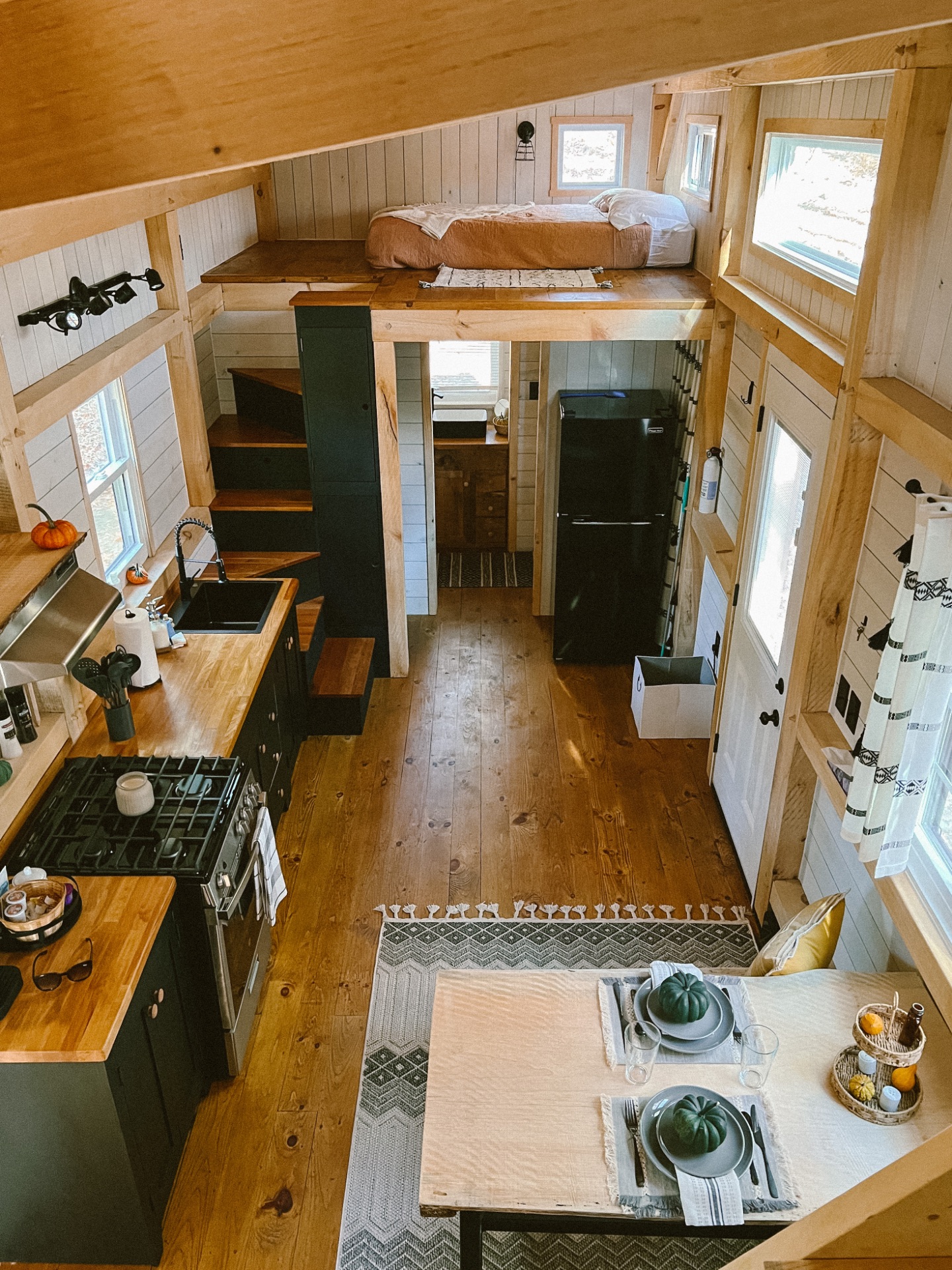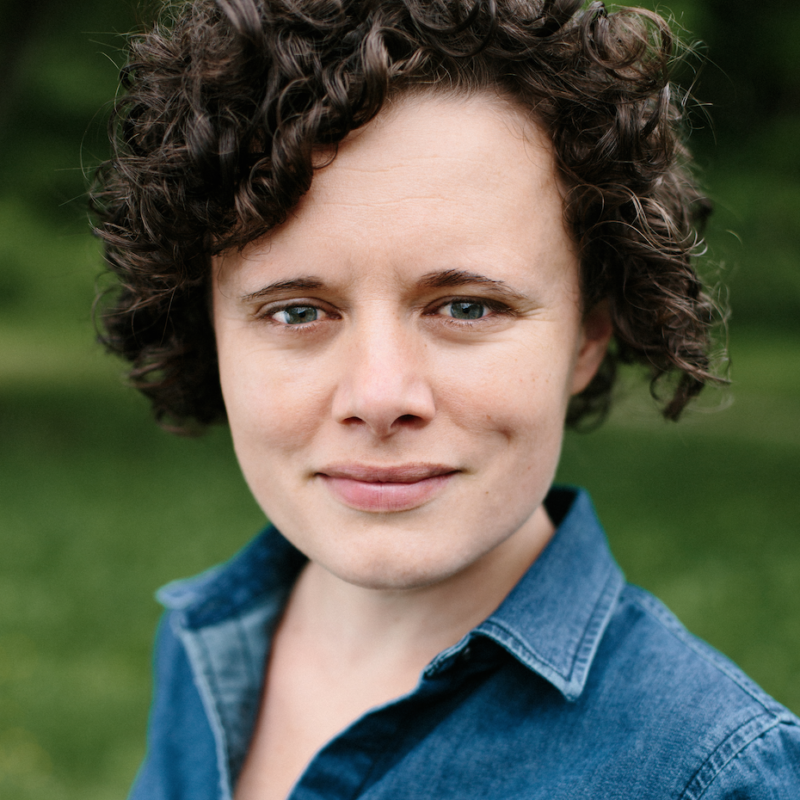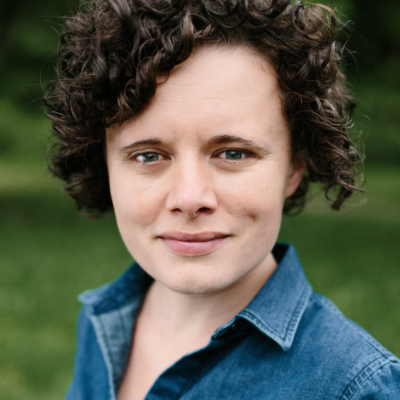A recent change to rules about what can be constructed has cleared an obstacle for those who wish to live in a very small living space. At least in Louisa.
“State building code now identifies tiny homes and has a regulation,” says Toni Williams, a member of the Louisa Board of Supervisors. “It’s just a house. It’s just a small house.”
Louisa and many other localities across Virginia have prohibited tiny houses mostly on the basis that Virginia’s building code did not have any official provision for them. The code is updated every three years, and the new version of the code that went into effect in January now officially defines these as structures less than 400 square feet.
Earlier this month, the Louisa Board of Supervisors removed a definition of “tiny house” from the definitions in land-use regulations. That means they can now be built in any zoning district where single-family houses are allowed.
“Tiny homes must be placed on permanent foundations as part of the building code, so if you have a tiny home and it is on wheels then they would call that maybe like a camper,” Williams says.
Williams said Louisa previously was wary of allowing the structures out of concerns about how many could be parked on a site if they’re on wheels.
The building code has the same minimum construction standards but allows for deviations. A normal house must have a minimum ceiling height of seven feet, but a tiny house can be 6’8″. Bathroom ceilings can be as low as 6’4″. The code now allows for a loft with a minimum of three-foot height to be used as habitable space.
Placement of such structures would still be regulated by minimum lot sizes.
Since the Planning Commission heard the item in May, Louisa has received one application for such a structure, a 10’x32′ Tiny Timbers house that will be built on the site of the applicant company. That will now be handled internally and requires no approval by elected officials.
Petersburg-based Tiny Timbers prices its units between $78,500 and $87,500. Tiny homes on foundations will take longer to build than those on wheels, but those would be regulated as a recreational vehicle.
Charlottesville’s building code official says the city has also already seen construction of tiny homes.
“The most common [ones] that we see here in the city are when they are stick-built on site like a typical house or dwelling,” says Chuck Miller. If they’re manufactured elsewhere, they have to comply with Virginia’s Manufactured Home Safety Regulations.
An official with the Virginia Department of Housing and Community Development says it is up to each locality to determine how to proceed.
“Enforcement of building codes is done at the local municipal level and the state primarily serves as a training arm as well as conducting the periodic updates of the building codes based on national codes and standards,” says Thomas King, a code and regulations specialist.






